**Note: This page is for educational inspiration and is not officially affiliated with International Tongue Twister Day. International Tongue Twister Day is an informal observance, typically celebrated on the second Sunday in November, dedicated to the fun and linguistic challenge of tongue twisters. It is widely celebrated by educators, linguists, and word enthusiasts as a playful way to highlight speech articulation and phonetics. For more information on language and literacy, you can explore various educational and linguistic organisations.
Sunday 8th November 2026
Understanding International Tongue Twister Day in EYFS & KS1
She sells seashells by the seashore! 🗣️ International Tongue Twister Day is an informal observance, typically celebrated on the second Sunday in November (In 2025 on November 9th). It's a day dedicated to the fun and linguistic challenge of tongue twisters. These clever phrases, designed to be difficult to articulate clearly and quickly, are a playful way to highlight speech articulation, phonetics, and the nuances of language. It's a global celebration of words that tie our tongues in knots!
For early years settings, nurseries, preschools, childminders, and Year 1 and Year 2 classrooms, this day provides a wonderfully playful and engaging theme for exploring communication and language, phonics, literacy, and expressive arts. It's about encouraging children to experiment with sounds, develop clear speech, and enjoy the silliness of words. This day offers fantastic planning ideas and inspiration for engaging activities that truly resonate with young minds, making learning about language development and vocal expression both challenging and hilarious.
Why Is Playing with Tongue Twisters Important for Young Children?
Integrating tongue twisters into your practice with young children (aged 0-7) is a fun way to develop their speech clarity, phonological awareness, and overall language development. These seemingly simple games offer significant educational benefits.
Speech Articulation: Repeatedly saying challenging sounds and sequences helps children develop clearer pronunciation and strengthen their mouth muscles. This directly supports Physical Development related to speech.
Phonological Awareness: Tongue twisters draw attention to the individual sounds (phonemes) within words and how they combine, which is crucial for early reading and writing skills. This links to Literacy.
Vocabulary Development: While the focus is often on sound, new words might be introduced within the twisters, expanding vocabulary.
Auditory Discrimination: Children learn to listen carefully to the subtle differences between similar-sounding words or syllables.
Memory & Fluency: Practising and memorising tongue twisters can improve short-term memory and verbal fluency.
Confidence & Fun: The playful nature of tongue twisters reduces pressure and encourages children to experiment with language in a low-stakes, joyful way, boosting Personal, Social & Emotional Development and encouraging Expressive Arts & Design.
Engaging Tongue Twister Activities for International Tongue Twister Day (0-7 Year Olds)
Make International Tongue Twister Day a truly playful and vocal experience with these planning ideas and activities perfect for EYFS and KS1 children. The focus is on laughing, learning, and getting those tongues twisted! Many of these early years and year 1 activities can be supported by the extensive range of printable resources we have available.
Here's some inspiration for tying your tongue in knots in your setting: (Please use your own discretion and knowledge of your children to ensure appropriateness of each activity and safety concerning any materials given and activity undertaken.)
Tongue Twister Challenge: Introduce a new tongue twister each day or have a "Tongue Twister of the Day." Start slowly and gradually increase speed. Use our 'Tongue Twister Cards/Posters' and 'Tongue Twister Cards/Posters - Colouring'.
Alliteration Exploration: Many tongue twisters use alliteration (words starting with the same sound). Explain this concept and use our 'Alliteration Tongue Twister Cards' to practice.
Draw Your Twister: After trying a tongue twister, encourage children to 'Draw a Tongue Twister', illustrating the funny scene or characters it describes. This connects to Expressive Arts & Design.
Tongue Twister Performance: Have a "Tongue Twister Show" where children can perform their favourite twisters for an audience. This builds Personal, Social & Emotional Development and Communication & Language.
Movement with Twisters: Incorporate actions or movements while saying tongue twisters to make it more engaging for active learners. This supports Physical Development.
Tongue Twisters for Days of the Week: Use our 'Tongue Twister/Alliteration Cards - Days of The Week' to reinforce both speech sounds and the days of the week.
Create Your Own Twister: Challenge older children (KS1) to create their own simple tongue twisters, focusing on a specific sound. This supports Literacy.
Listen and Repeat: Play recordings of tongue twisters and have children try to repeat them. This helps with auditory processing.
"Silly Sounds" Game: Focus on making silly sounds with their mouths and tongues, linking to the physical aspect of articulation. This supports Understanding the World by exploring sounds.
Mirror Practice: Encourage children to watch their mouths in a mirror while they practice tongue twisters to help with articulation.
These activities offer great inspiration for making International Tongue Twister Day a memorable and impactful experience in your early years and Key Stage One setting, fostering language development, phonological awareness, speech clarity, and a genuine love for words.
To explore ideas surrounding additional early years events, please visit our 'Special Dates Calendar' page.
A selection of Printable resources to support teaching & learning surrounding: ‘International Tongue Twister Day’
Additional Pages you may like to explore which cover relevant &/or Connected themes
More Early Years Event Pages for November
Explore special dates (including awareness dates, festivals, celebrations & events) relevant to your EYFS & KS1 children
Browse our ‘Special Dates Calendar’ page using the link below. You’ll find calendars for every month of the year to aid your planning!
SEARCH ‘LITTLE OWLS Resources’ USING THE FOLLOWING MENU BUTTONS…
Disclaimer:
This page is for educational purposes only and is intended to support early years and primary practitioners with ideas and resources related to 'International Tongue Twister Day'. We are not officially affiliated with or endorsed by any specific founder or official organisation for this informal observance. We do not claim any rights to specific trademarks or official materials associated with this day. For more information on language and literacy, you can explore various educational and linguistic organisations.



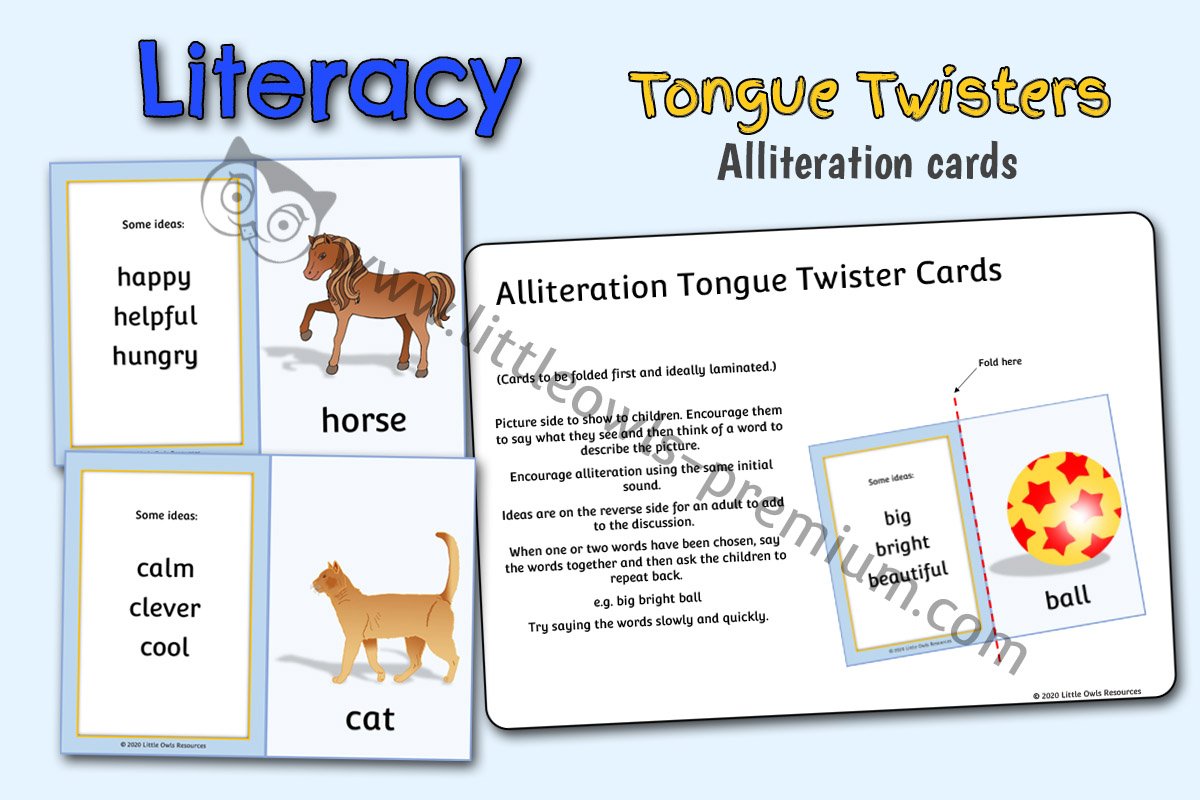










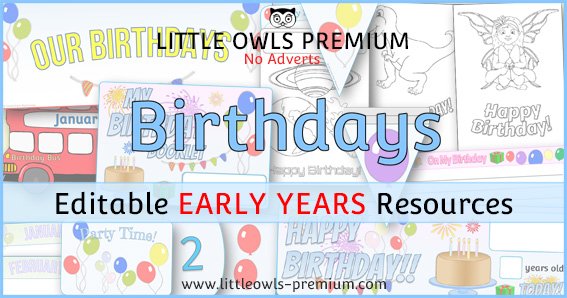
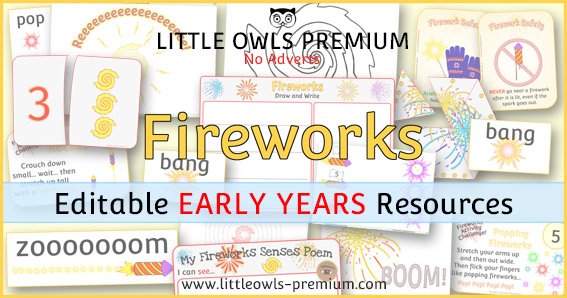
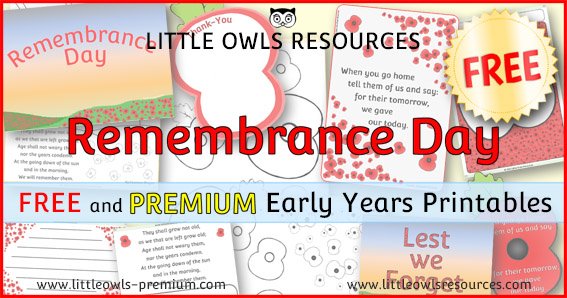
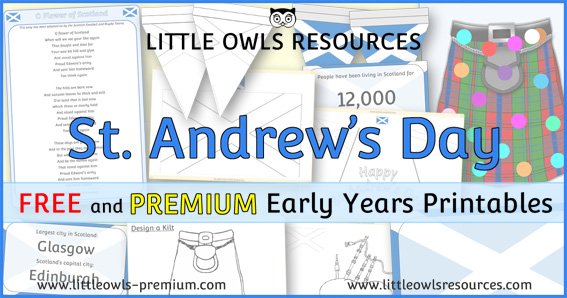
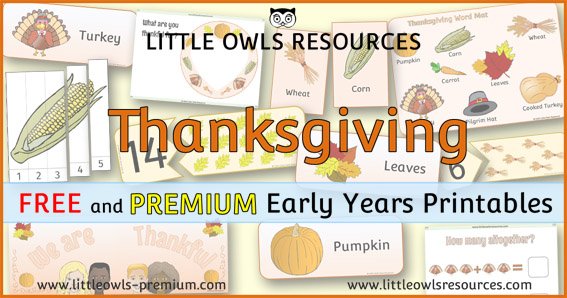








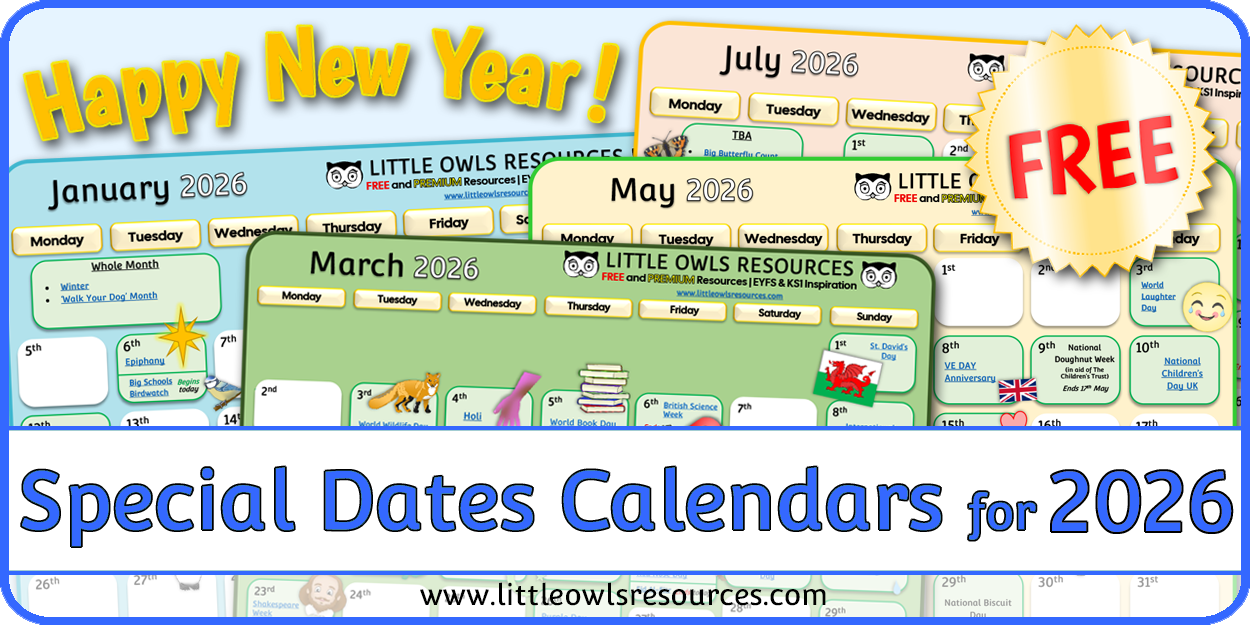
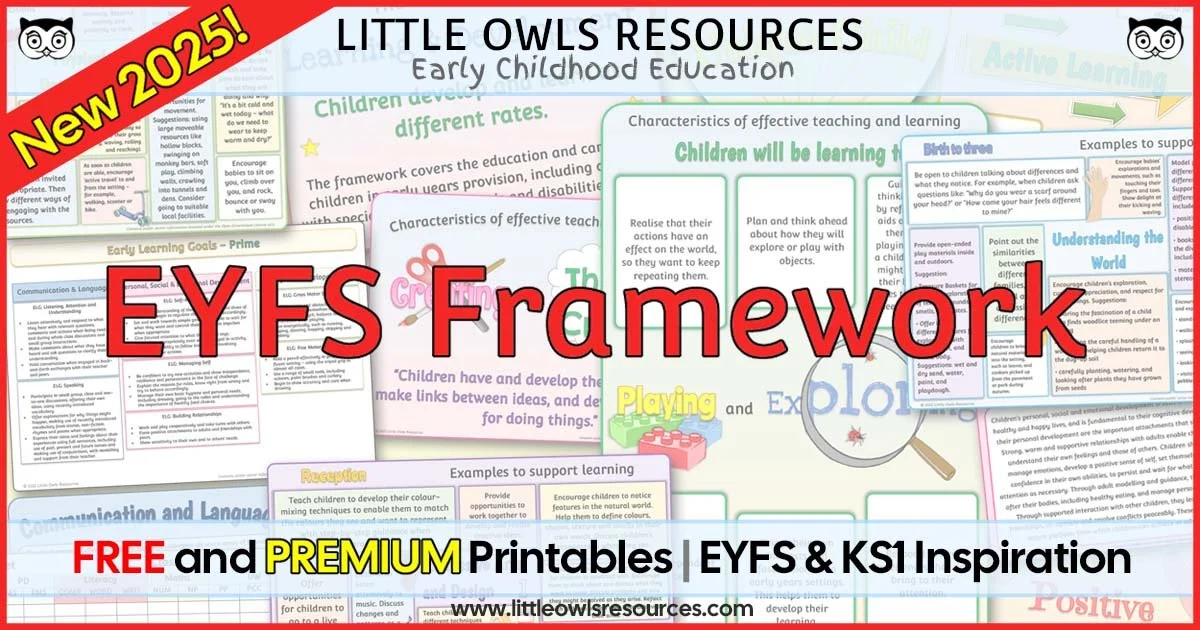

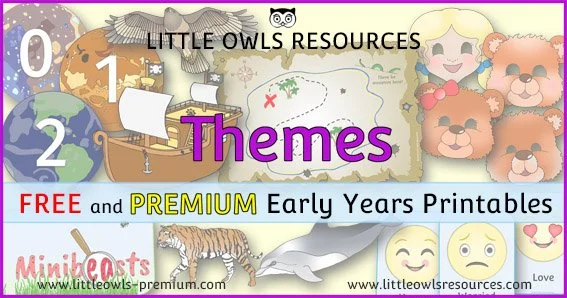

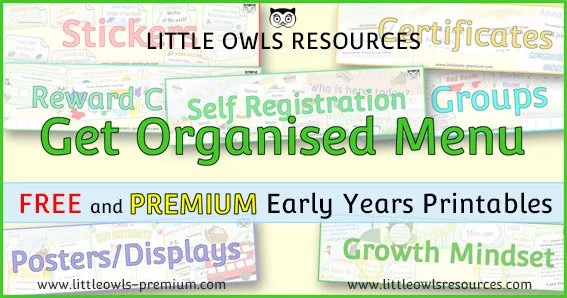

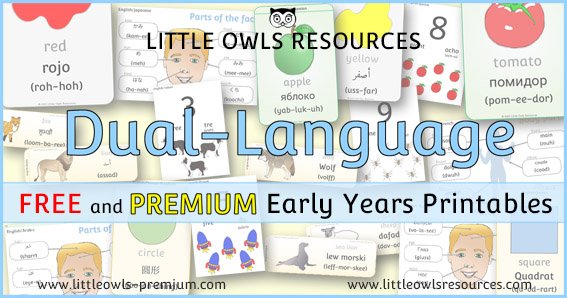
Hello there! 👋🌍 World Hello Day is an international observance held annually on November 21st. It was founded in 1973 by Brian and Michael McCormack as a direct response to the Yom…